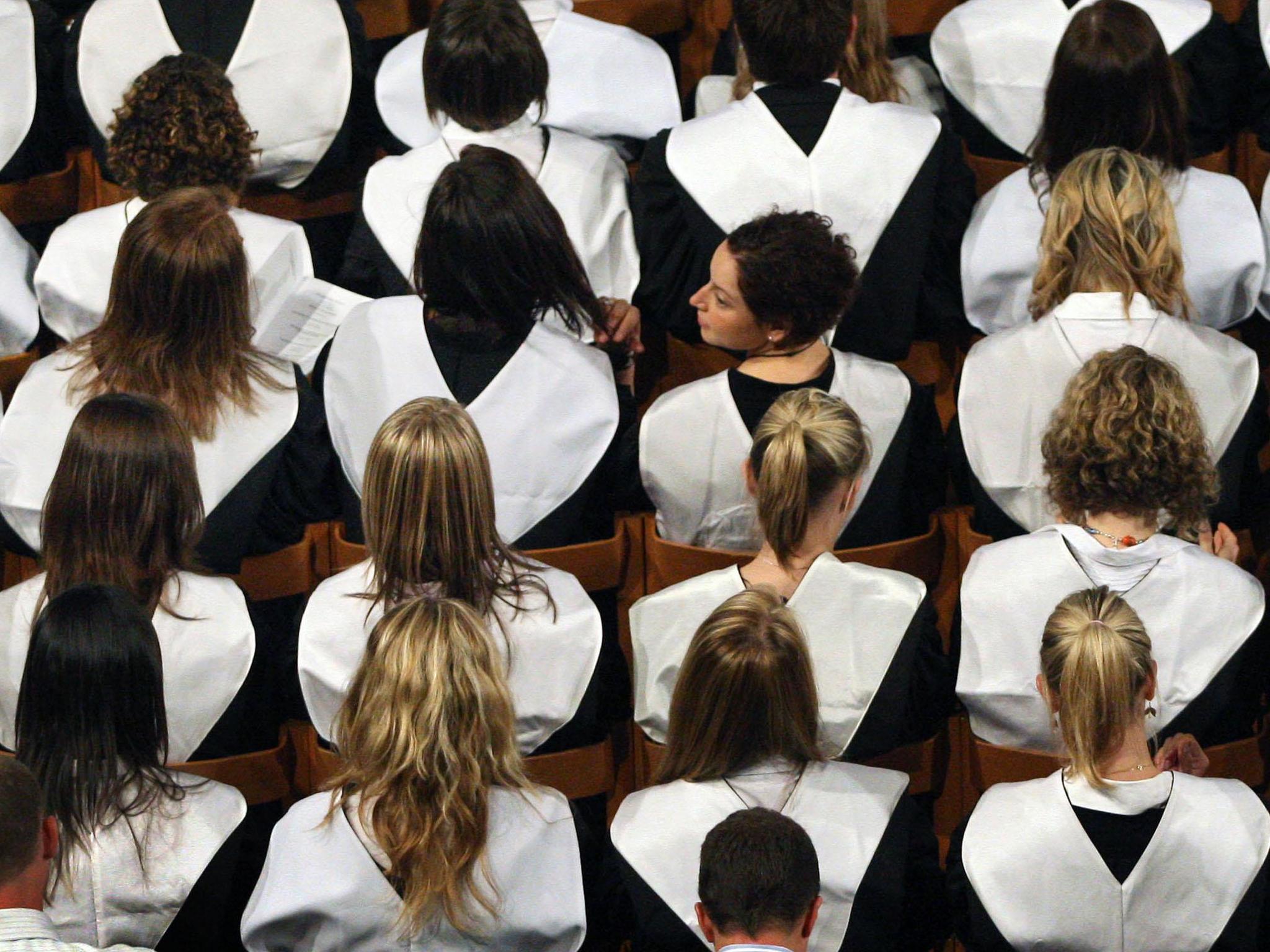Universities urged to increase security to combat violence at events instead of cancelling
'The free exchange of different views without persecution is a vital part of higher education'

Protecting freedom of expression is a legal requirement for most universities, according to new government guidelines to protect lawful free speech on campus.
Following claims of censorship on campuses, the 53-page document makes it clear that institutions must prove they have taken “reasonably practicable” steps to ensure events are at risk of violent protest before cancelling them.
Increased security and ticketing are among the measures suggested for universities and student bodies to consider before events are cancelled.
The guide was launched following concerns about potential censorship and protests.
The Equality and Human Rights Commission (EHRC), with nine leading organisations, has developed the guidance for student unions and universities to ensure that freedom of speech is upheld and to reduce the lack of understanding about censorship at universities.
The issue has proven controversial in recent years, with two examples of so-called no platforming – such as that of feminist writer Germaine Greer at Cardiff University and human rights activist Peter Tatchell at Canterbury Christ Church University – receiving widespread media attention.
Last year, Conservative MP Jacob Rees-Mogg was filmed breaking up a scuffle after masked protesters disrupted a talk he was giving at the University of the West of England in Bristol.
The guide adds that universities should take steps to ensure student complaints do not lead to “self-censorship” of academic work, such as course content and events organised by lecturers.
And it says that institutions must ensure that internal policies – such as those relating to the Prevent legislation – also do not “unduly inhibit academic freedom”.
In December, The Independent revealed that at least four different academic materials were flagged at a university over the past two years in response to the counterterrorism strategy.
Experts and campaigners have warned that Prevent has created a “culture of fear” across UK universities.
A series of hypothetical scenarios are featured in the guide to help clarify to university bosses and student leaders the instances where freedom of expression can be lawfully limited.
It says, for example, that a group called “Laddism Reborn” – which aims to encourage sexist and homophobic banter, heavy drinking and sexual harassment of women – can have its application for student union affiliation rejected on the grounds that it would protect students from harassment.
Sector leaders agreed during a Department for Education summit in May last year to create the new guidance which has now been published.
David Isaac, chair of EHRC, said: “The free expression and exchange of different views without persecution or interference goes straight to the heart of our democracy and is a vital part of higher education.
“Holding open, challenging debates rather than silencing the views of those we don’t agree with helps to build tolerance and address prejudice and discrimination.
“Our guidance makes clear that freedom of speech in higher education should be upheld at every opportunity and should only be limited where there are genuine safety concerns or it constitutes unlawful behaviour.”
Amatey Doku, vice president for higher education at the National Union of Students, said: “As the guidance rightly notes, the right to freedom of expression is not absolute and that students’ unions and universities must balance that right with other legal duties.
“We were pleased to input into the drafting process in order to help identify where confusion can arise and to dispel some of the common myths around students’ union activity.”
Alistair Jarvis, chief executive of Universities UK, said: “Although there is little evidence of a systematic problem of free speech in universities, there is a legal duty on the higher education sector to secure free speech within the law and it is important that universities continually review their approaches.”
Join our commenting forum
Join thought-provoking conversations, follow other Independent readers and see their replies
Comments